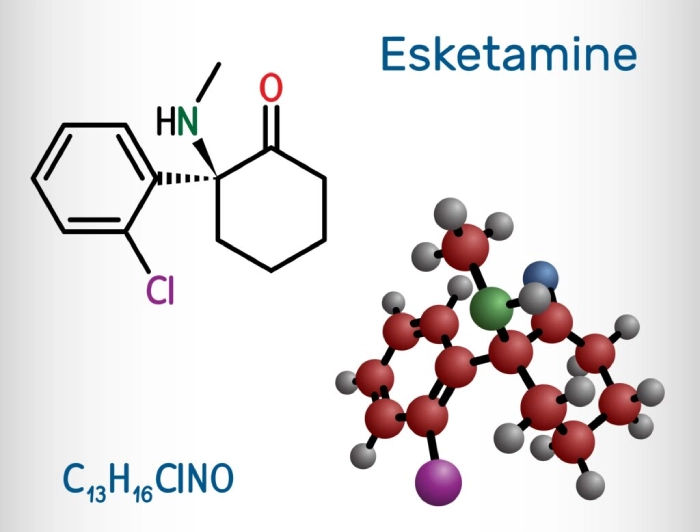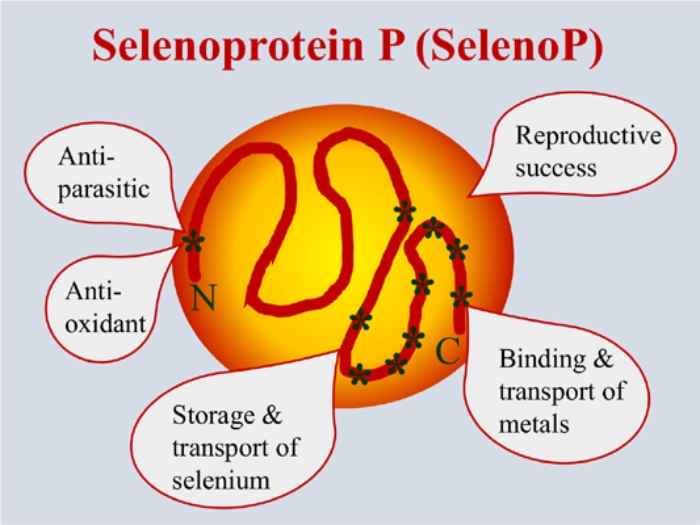FDA Approves Novel Antidepressant for Treatment-Resistant Depression
The U.S. Food and Drug Administration has recently granted approval for Spravato, a nasal spray containing esketamine, as a standalone treatment for adults suffering from treatment-resistant major depressive disorder. This innovative medication, developed by Johnson & Johnson, represents a significant advancement in the field of mental health treatment.
Spravato is designed for patients who have not responded adequately to at least two different oral antidepressants. The approval comes after a rigorous FDA priority review process, which was based on the results of a comprehensive clinical trial. This randomized, double-blind, multicenter, placebo-controlled study demonstrated the efficacy of Spravato in improving depressive symptoms.
The trial results were particularly promising. After 28 days of treatment, patients using Spravato showed notable improvements across all ten items of the Montgomery-Asberg Depression Rating Scale (MADRS), a widely used tool for assessing depression severity. Moreover, 22.5% of patients treated with Spravato achieved remission, defined as a score of 12 or lower on the MADRS, compared to only 7.6% in the placebo group.
One of the unique aspects of Spravato is its administration method. Unlike traditional oral antidepressants, Spravato is a nasal spray that patients self-administer under the supervision of a healthcare provider in a clinical setting. This approach ensures proper usage and allows for immediate monitoring of any potential side effects.
While the exact mechanism of action is not fully understood, Spravato targets the neurotransmitter glutamate, differentiating it from most antidepressants that typically focus on serotonin or norepinephrine. This novel approach may explain its efficacy in treatment-resistant cases.
Given the potential risks associated with Spravato, including sedation, dissociation, and respiratory depression, as well as the possibility of abuse and misuse, the FDA has implemented a restricted program called the Spravato Risk Evaluation and Mitigation Strategy Program. This program aims to ensure the safe and appropriate use of the medication.
Dr. Bill Martin, Global Therapeutic Area Head of Neuroscience at Johnson & Johnson Innovative Medicine, emphasized the significance of this approval, stating that Spravato offers a new option for patients who have long struggled with limited treatment choices. He highlighted that patients may experience improvements in depressive symptoms as early as 24 hours after administration, with continued benefits observed at 28 days, without the need for daily oral antidepressants.
This FDA approval marks a pivotal moment in the treatment of major depressive disorder, offering hope to patients who have not found relief with traditional antidepressant therapies.
Commentary by SuppBase columnist Alice Winters:

The approval of Spravato (esketamine) nasal spray as a monotherapy for treatment-resistant depression represents a significant milestone in the field of mental health. This innovative approach to treating depression offers several noteworthy aspects that warrant closer examination.
Firstly, the targeting of the glutamate system sets Spravato apart from traditional antidepressants. While most current medications focus on monoamine neurotransmitters like serotonin and norepinephrine, Spravato’s mechanism of action through the glutamate pathway may explain its efficacy in treatment-resistant cases. This novel approach could potentially open new avenues for research and development in the treatment of mood disorders.
The rapid onset of action reported with Spravato is particularly intriguing. Traditional antidepressants often take weeks to show significant effects, whereas Spravato has demonstrated improvements as early as 24 hours after administration. This quick response could be life-changing for patients struggling with severe depression, potentially reducing the risk of self-harm or suicide during the critical initial treatment period.
However, it’s crucial to consider the potential drawbacks and risks associated with Spravato. The need for in-clinic administration under medical supervision, while ensuring proper use and immediate monitoring, may pose logistical challenges for some patients, particularly those in rural areas or with limited access to healthcare facilities. The risk of dissociation and sedation also raises concerns about patients’ ability to drive or operate machinery after treatment sessions, potentially impacting their daily lives.
The implementation of the Risk Evaluation and Mitigation Strategy Program underscores the seriousness of potential side effects and abuse risks. While necessary for patient safety, this restricted access might limit the medication’s availability to those who could benefit from it.
From a market perspective, Spravato’s approval could significantly impact the landscape of depression treatment. As the first FDA-approved antidepressant with a novel mechanism of action in decades, it may drive further innovation in the field. However, the pricing of this new treatment will be a critical factor in determining its accessibility and adoption rate.
In conclusion, while Spravato represents a promising breakthrough in the treatment of depression, particularly for those who have not responded to traditional therapies, it’s essential to approach this new option with cautious optimism. Long-term studies will be crucial in understanding the medication’s efficacy and safety profile over extended periods. As with any new treatment, especially one with a novel mechanism of action, continued vigilance and research will be vital in fully understanding its place in the therapeutic arsenal against depression.



